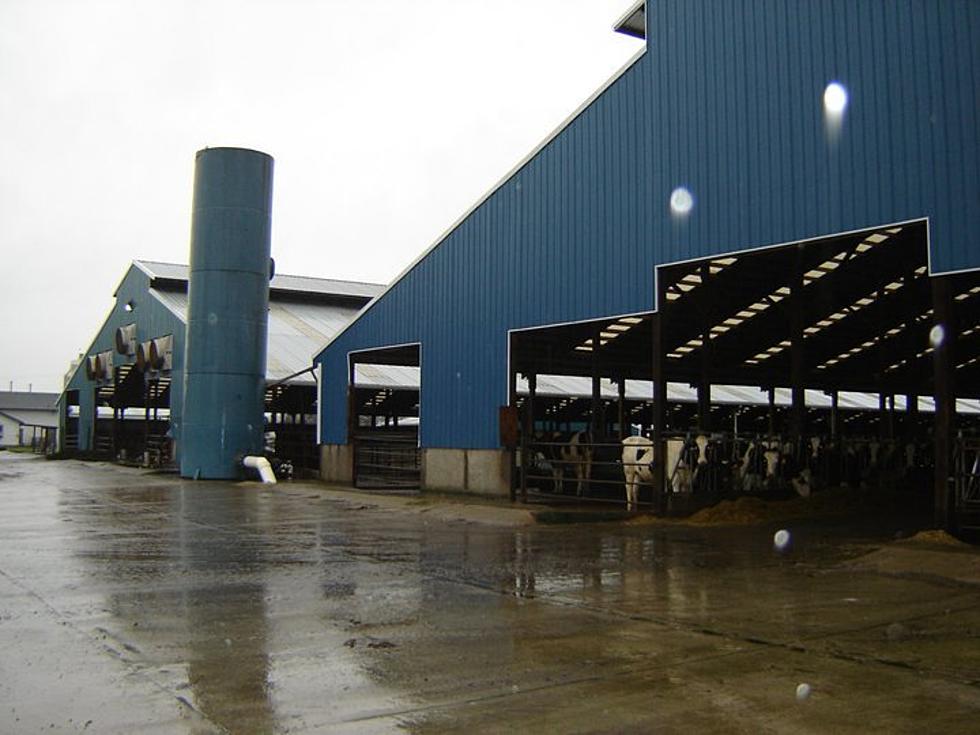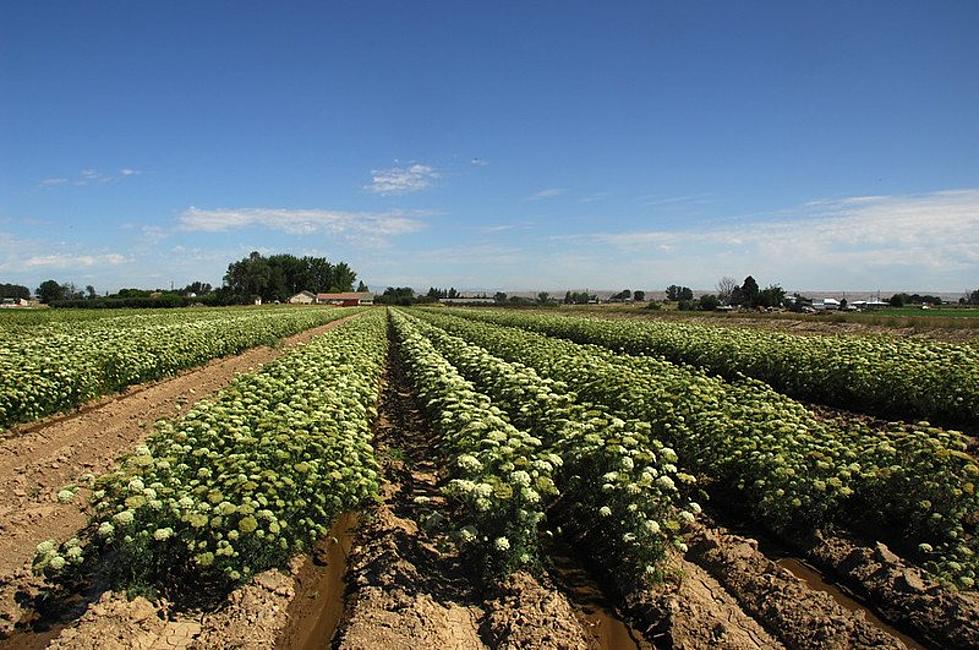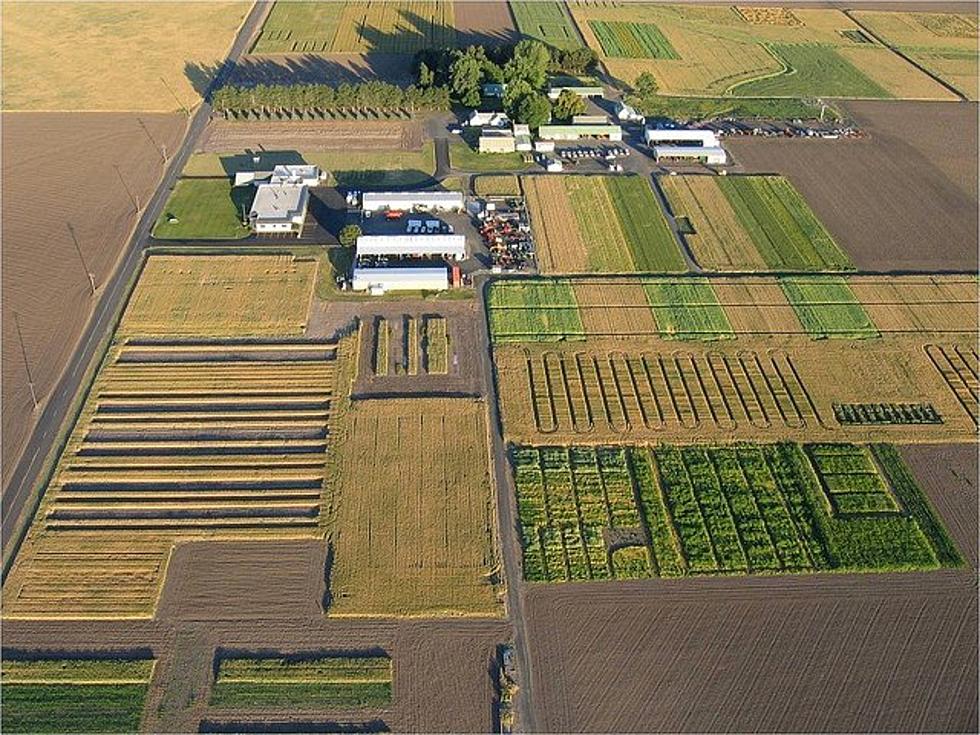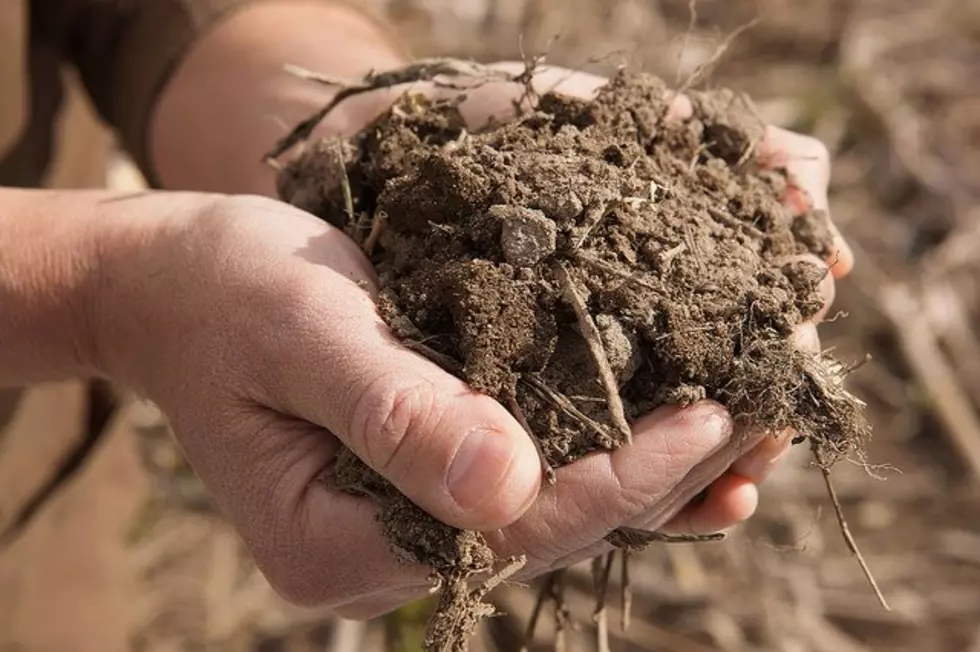
Bill to Support Cutting-Edge Agricultural Research
Senators Michael Bennet, a Colorado Democrat, and Kansas Republican Roger Marshall introduced the Advancing Cutting-Edge Agriculture Act last week. The goal of the bipartisan legislation is to support high-risk, high-reward agricultural research and development at USDA. The sponsors say the act will help “secure America’s food supply” and give farmers and ranchers the tools to meet the challenges of the 21st century.
“Now more than ever, Americans have seen how vulnerable the nation’s food system can be,” Marshall says. “Targeting the many risks our food system faces through research will ensure that the U.S. continues to provide a safe, secure food supply for a growing world population.”
Bennet also notes that family farmers and ranchers face persistent drought, higher costs, extreme weather, and increased global competition, saying, “That makes it more important than ever to invest in cutting-edge research to spur agricultural breakthroughs, including practices to conserve water and cut greenhouse gas emissions.”
Specifically, supporters of the legislation say the bill would:
Double the authorization of the existing program from $50 million to $100 million to ensure access to more transformative agricultural innovation projects across multiple states.
Expand the existing program’s scope to:
Address animal and plant pathogens and pests which could help farmers increase production capacity and competitiveness.
Include opportunities for projects that could help farmers and ranchers use less water; enhance soil health; and mitigate, reduce, and/or sequester greenhouse gas emissions from farms and ranches.
AgARDA funds projects to help address:
Pathogens and pests: Improve early detection of emerging pathogens and pests and coordinate vaccine development for known pathogens, such as African Swine Fever.
Drought: Catalyze technological breakthroughs and practices to monitor, analyze, and distribute data on soil moisture in fields to help farmers and ranchers better manage their resources.
Soil health: Boost soil health and reduce GHG emissions from farm operations.
Extreme weather: Develop crops to become genetically resistant to drought, heat, and high speed winds.
Increasing production demand: Cut food waste, optimize food production on less land, and increase nutrient content of food.
Click Here to read the Senate proposal. Companion legislation is expected to be introduced in the House.
If you have a story idea for the PNW Ag Network, call (509) 547-9791, or e-mail glenn.vaagen@townsquaremedia.com
More From PNW Ag Network









